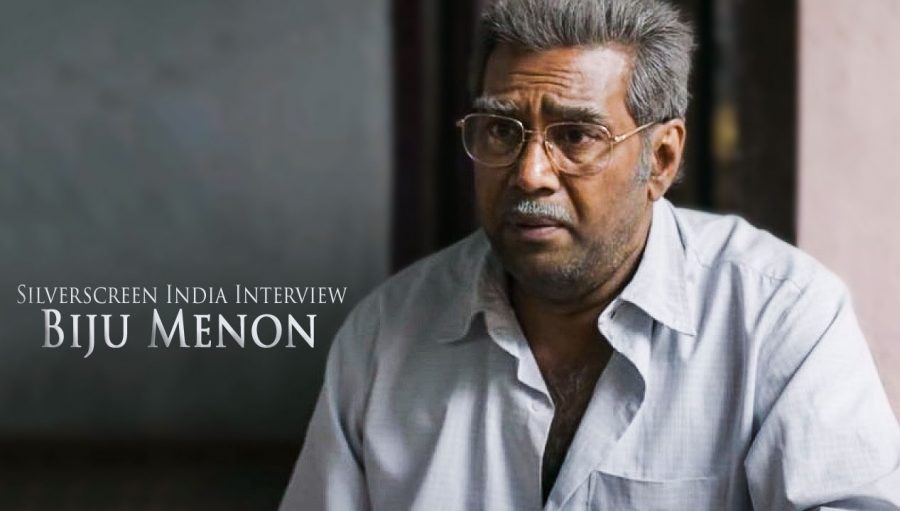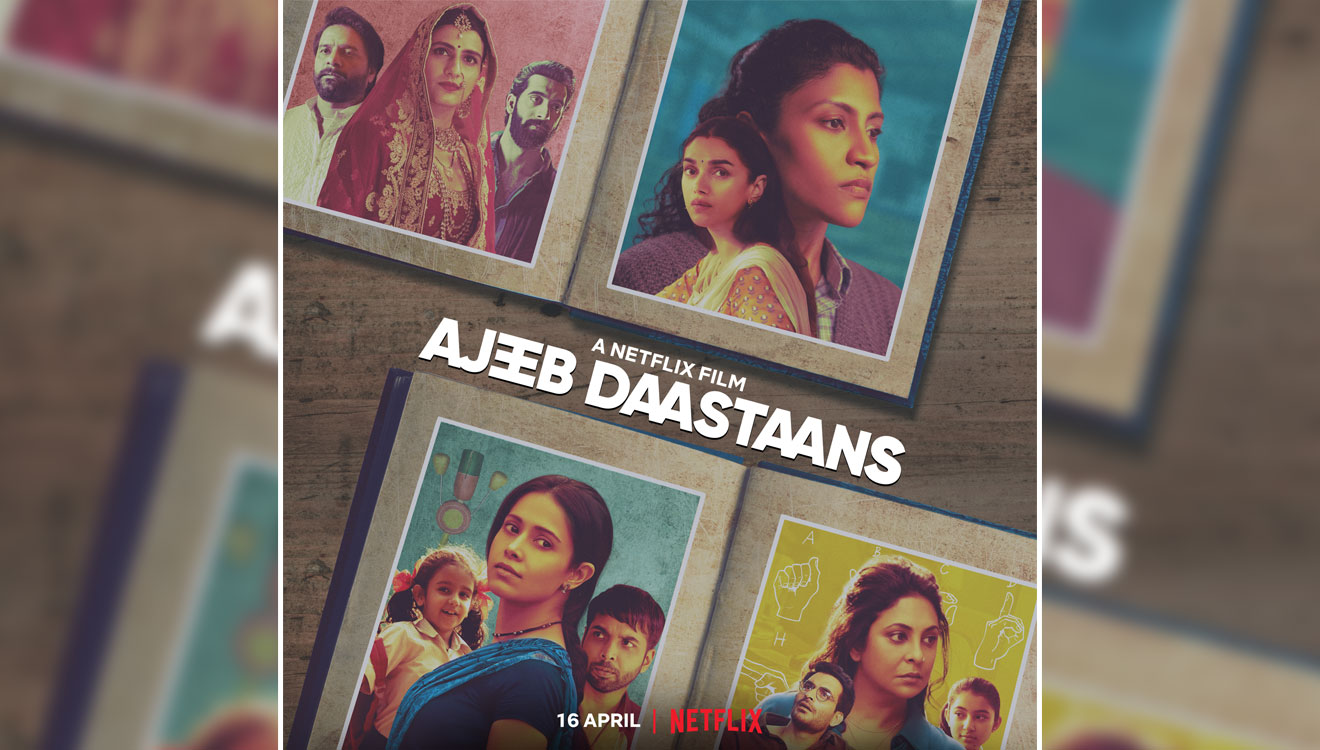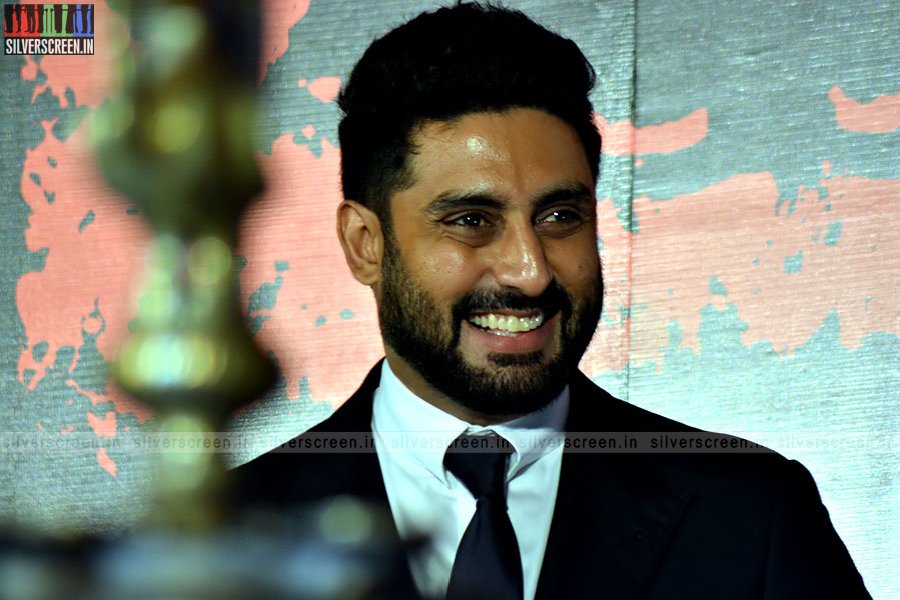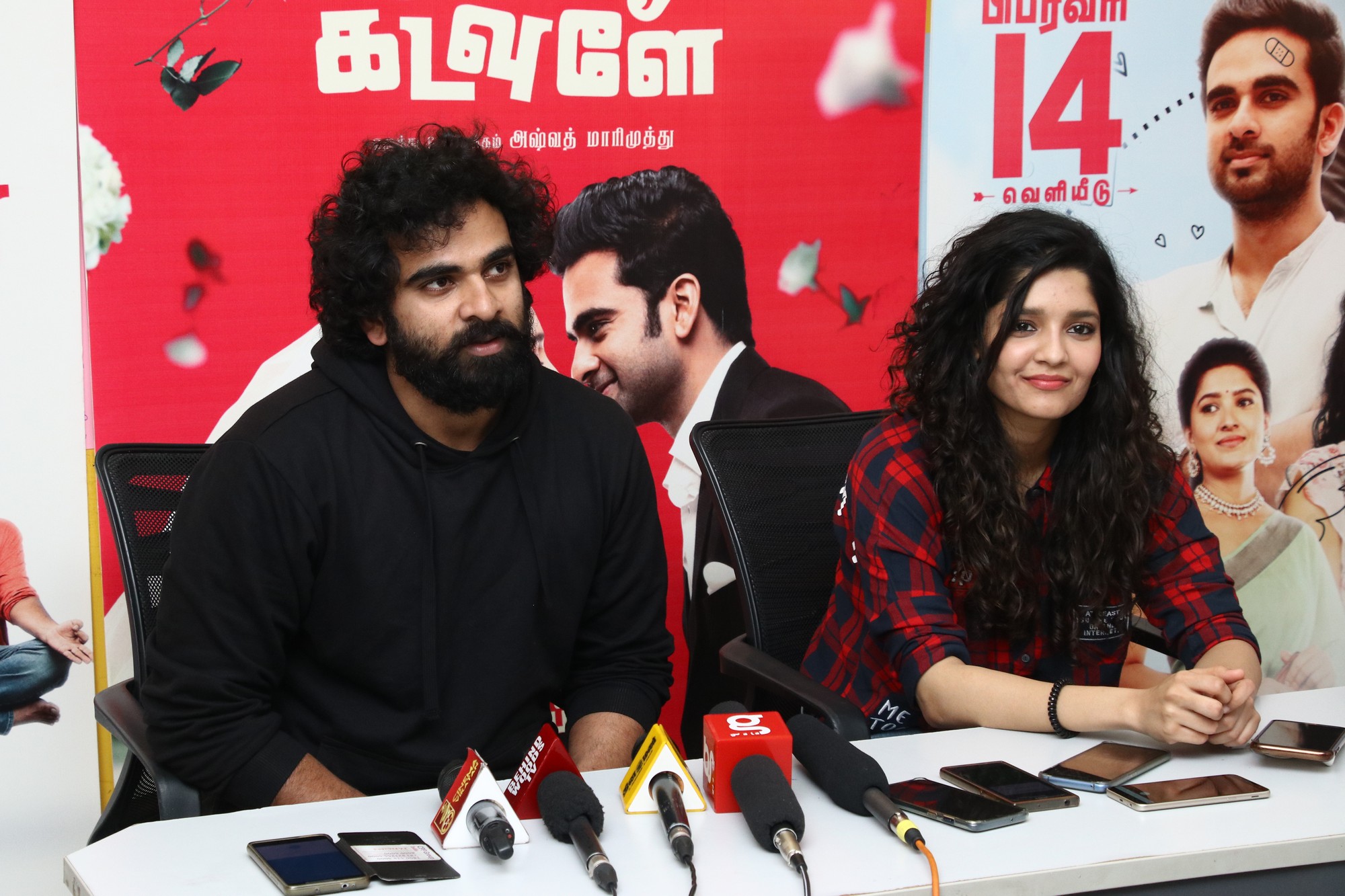On the other end of the line, Biju Menon sounds genial, like a man who has found his place. His voice, tranquil and impressive at once, is a steady stream throughout the conversation. He inquires how my family has been coping during the lockdown. Occasionally, he pauses to gather his thoughts or to recollect a memory from his 26 years’ acting career. “I am a happy man,” he reiterates unwittingly.
Menon, 50, is in his home town Thrissur, where he lives with his wife Samyuktha Varma, a former actor and a yoga practitioner, and their son.
His phone has been flooded with congratulatory calls and messages ever since the digital release of Aarkkariyam, a Malayalam film directed by Sanu John Varghese that released earlier this year, where he played one of the protagonists. In the slow-paced drama, he plays Ittiyevara, a 73-year-old widower. Aarkkariyam comes close on the heels of another riveting work, Ayyappanum Koshiyum (2020), helmed by the late director and his close friend Sachy, a drama centred on a clash of machismo.
“It was only recently that I started taking my craft seriously,” says Menon. “When I realised the audience liked seeing me on screen and were paying close attention to my performances, I had to rise to their expectations. During my younger days, I picked projects randomly, often for monetary reasons or sometimes for the sheer joy of working with friends. I do not do that anymore.”
After debuting with television serial Mikhayelinte Santhathikal, written by renowned writer PF Mathews and directed by Jude Attipetty in the early 90s, Menon bagged pivotal supporting roles in mainstream Malayalam films like Mannar Mathai Speaking and Azhagiya Ravanan. In the latter half of the decade, many excellent projects came his way- Krishnagudiyil Oru Pranaya Kaalathu, which earned him his first Kerala State Film Award, Mazha, Megha Malhar and Pathram.
“I was a quintessential cop or a lovelorn man,” he laughs. The media compared him to Mammootty, the megastar, for his stunning screen presence and baritone, but Menon chose to be a character actor who embraced the sidelines as much as he did the centre-stage.
In an interview with Silverscreen India, Menon talks at length about his acting process, being an actor in the age of OTT platforms and his love for comedy.
Do you have a favourite scene in Aarkkariyaam?
That scene everyone is now talking about, where Ittiyevara reveals the secret to Roy. In the rehearsal, the rendition of that line was lighter than it is now. Sharaf U Dheen was genuinely bewildered because he couldn’t make out what I was saying. But we liked that action-reaction, so we decided to keep it that way. Also, the one where he explains to Roy why he did the crime. These scenes don’t have many cuts; the camera movement is smooth and rhythmic.
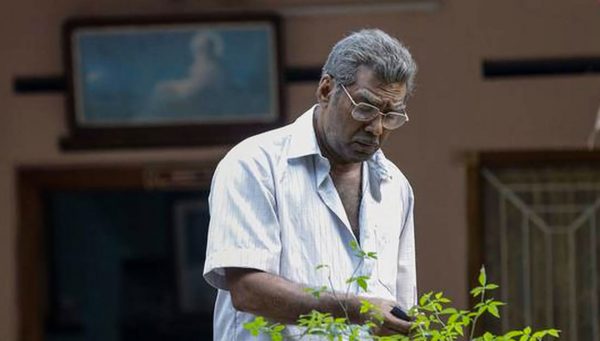
What was your impression of the film when you first heard the script?
When Sanu (John Varghese) narrated the story, I thought he wanted me to play Roy. I was shocked when he asked me if I could play Ittiyevara, a septuagenarian. Until then, I had not done a character who was older than my actual age. It took a lot of deliberation to make up my mind. You know, when an actor is playing a character who is totally unlike his offscreen self, the audience would keenly watch him, to catch the errors. Playing Ittiyevara was an experience akin to skating on thin ice.
How did you eventually get a grasp of Ittiyevara?
The initial days of the shoot were strenuous. I would constantly ask everyone around me if I was doing it right. Since I felt the costume, a vest, was ill-fitting, I requested Sanu if I could change into a loose shirt. The shirt relieved me of a lot of stress. I had to be extra-cautious since we were using sync sound. I had to get used to the Pala dialect of Malayalam. Some scenes had to be shot again and again, like the one where I quarrel with the neighbour in the kitchen. But once the rest of the cast joined, everything fell into place.
Your use of the Palakkad dialect in Ordinary is immensely popular.
I am very careful about using dialects I am not familiar with. If I am not confident enough, I refuse to take it up. During the shoot of Padayottam, I had two experts to help me out with the Thiruvananthapuram tongue. Yet, I feel I couldn’t do justice to it.
What struck you about Sanu John Varghese’s style of filmmaking?
It amazed me how real everything felt, right from the interior lighting to the utility tins placed on the kitchen rack. An upcycled Dalda tin, the bedroom curtains made of old sarees… Sanu, who is also an excellent artist, has keen observation skills. The finesse of the production design inspired us, the actors, to perform better. I have always been a fan of films that are rooted in their surroundings, which proceed organically.
How would you describe your approach to acting?
I follow my instincts in front of the camera. I discuss with my director and others the character’s body language, his attitude to life, the costumes he prefers… These days I feel more refined as an artist. Unlike in the pre-digital era, the actors now have the space to delve deeper into their character or ask for multiple retakes to deliver the best… In Aarkkariyaam, I asked for a retake for the scene set in the kitchen where Ittiyevara tells Sherly (Parvathy) that the family’s financial crisis could be solved by selling the house.
Once, in an interview, late actor Murali said that he had never been completely uninhibited in front of the camera. Are you a reluctant actor or do you surrender yourself to the moment?
I don’t think an actor can completely shed his/her actual self in front of the camera. One has to be alert about several things at once – the focal length, continuity, the lines and if it is sync sound, one has to be extremely cautious about every movement. Acting is a lot more technical than it might seem to be.
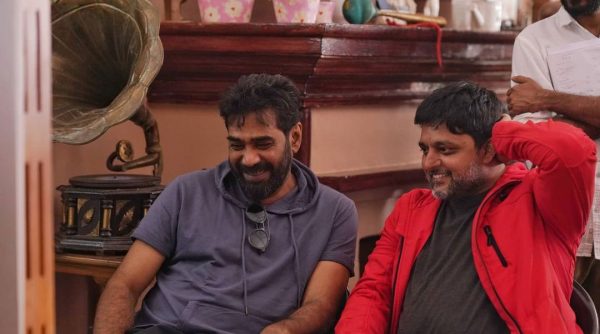
You have said in interviews that you are not an adventurous person. Can an actor afford to be non-adventurous?
Sachy, in the initial discussions, asked me to play the lead in Anarkali (2015). I vehemently refused, citing that I could not dive or perform underwater scenes. I am terrified of water. But an actor often would be forced to go against his/her real nature. “I did the stunt scenes in Ayyappanum Koshiyum (2020) only because of my professional commitment, not because I am physically fit to do such scenes.” I have a severe fear of heights, yet I did a high-risk stunt scene in FIR (1999) where I had to jump from atop three containers and land on a platform made of cardboard boxes.
Throughout the second half of Sherlock Toms (2019), my character is standing precariously on the sill of a third-floor window. The whole sequence was supposed to be shot on studio floors, but eventually, it was filmed in an actual location. There was no safety equipment but a rope that held me to the building. My body would freeze every time I climbed to the position. At once, I had to fight my fear, remember the lines, act… In situations like that, I just go ahead impulsively. For some scenes in Ordinary, I had to drive a bus through a mountain pass. Now when I look back, I don’t know how I did it! Few things terrify me like an invitation to dance. I can’t sleep on the previous night of the shoot of a dance sequence.
The onset of OTT platforms has drastically transformed the filmmaking and distribution space. How do you see the new normal?
Conventional theatrical releases have several merits, but the kind of responses a movie garners when it comes to a streaming platform is unparalleled. If it wasn’t for the OTT platforms, a movie like Aarkkariyaam, not a typical entertainer, would have gone unnoticed.
Apart from liberating the filmmaker from the restraints of the local market, the streaming business has also changed the audience’s viewing habits. People, now, have a wide array of choices ﹣movies of various genres and languages, all accessible with the help of subtitles. One can choose any film, pause it in the middle to do something else, fast-forward it if he/she finds it boring or quit midway.
Ayyappanum Koshiyum, probably the biggest commercial success in your career, came at a time when Malayalam cinema was obsessing over subdued “naturalist” movies. Sachy’s film harked back to the old-school high-octane mass drama.
I was the first person to whom Sachy narrated the story. It was a small movie then, totally unlike the spectacle that we have now. Later, he came up with a different version of the same story. When I told him I liked the first subtler one better, he pointed out that the new screenplay had a “commercial fire”, which was precisely the case. After the film came on a digital platform, I received calls from stars such as Pawan Kalyan and Prakash Raj.

In the last 10 years, you found great success in comic roles. You were terrific in the school interview scene in Salt Mango Tree.
The comic scene in Salt Mango Tree was mostly a single take, except for a point we had to film again because a co-actor couldn’t stop laughing. Vellimoonga is a writer’s feat. Jiju Thomas and director Jibu Jacob had spent a lot of time rewriting the script, perfecting the humour part.
Recommended
My close friends have always known my humorous side, although, in movies, I had been typecast in sombre roles. It was Marykkundoru Kunjaadu that helped me break that shell. It was a peculiar role. I had to stay deadpan while all my co-stars in the film performed a terrific laugh riot. Several times, they had to go for multiple takes because I couldn’t control my laughter.
You have seen Malayalam cinema’s transition from the 90s to the “new generation” era. What is the most significant change that happened?
I think filmmakers and artists have started taking the pre-production stage very seriously. As a result, the execution part has gotten easier and quicker. Also, the hierarchy on the film set is slowly disappearing. Now, anyone can toss in a suggestion. Interactions on the movie sets have become healthier.
